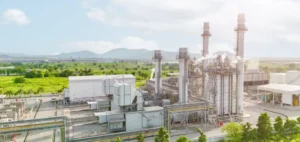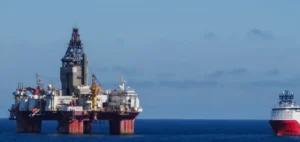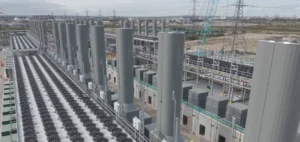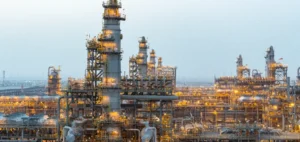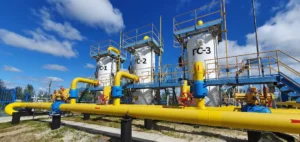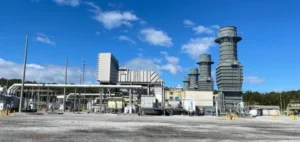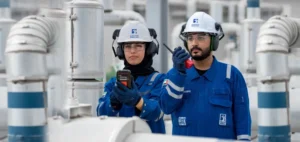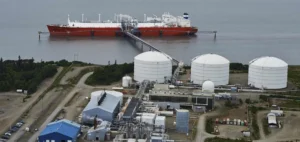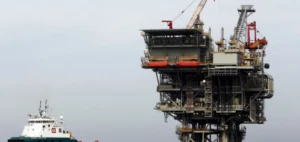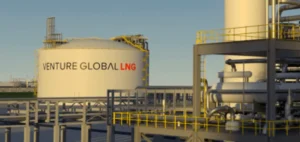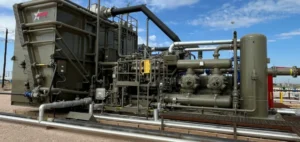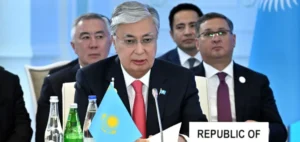Turkish President Recep Tayyip Erdogan on Thursday launched the first deliveries of Turkish gas from a field in the Black Sea, just weeks before general elections, as Ankara aims for energy independence.
The delivery comes as Mr. Erdogan faces a close fight in the May 14 elections, widely regarded as the most important in modern Turkish history. In 2020, Turkey discovered gas reserves off the coast of Zonguldak province, about 400 km east of Istanbul on the Black Sea coast. At the time, Mr. Erdogan called it “the largest natural gas field in Turkey’s history”, which would allow the country to “ensure its energy security” and thus free itself from its dependence on energy imports.
At the time, he reported “estimated reserves of 320 billion cubic meters”. By June 2022, Turkey had officially launched the operation and started construction of a subsea pipeline that would allow it to produce 10 million cubic meters of gas per day in the first phase and up to 40 million cubic meters per day after other wells are commissioned, according to Erdogan.
According to experts, this 10 million cubic meters of gas per day would cover about 6% of Turkey’s annual consumption of 60 billion cubic meters, which would give a boost to the economy. “This is a historic step on the road to Turkey’s energy independence,” Erdogan said at a ceremony in Zonguldak broadcast live on Turkish television. “When we reach our full capacity, we will meet 30% of the gas needs of our country” through the Black Sea reserves, he said. Last year, 40% of the gas consumed in Turkey came from Russia.
It also imports gas from Azerbaijan and Iran, prompting Ankara to look for ways to diversify its supplies, especially after the outbreak of Russia’s war with Ukraine last year. Inflation in the country has reached 50.5% year-on-year and the pound is in free fall, making the cost of living difficult to bear for most Turks.




